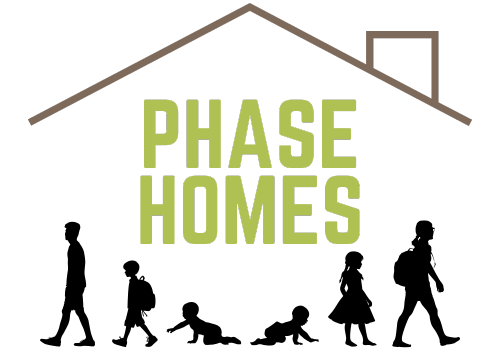

Family Involvement
The level and nature of family involvement will depend on individual circumstances and the child's care plan. Where appropriate, we encourage and support ongoing family relationships that contribute positively to the child's life.
We understand that having a child in residential care can be challenging for families. Our aim is to create collaborative relationships based on mutual respect and a shared commitment to the child's wellbeing.
Visiting Information
For planned visits, please contact the home in advance so that we can ensure the timing works well for your child and the home's schedule. For supervised visits, arrangements will be clearly communicated to all involved.
When visiting, we ask that you:
- Arrive at the agreed time
- Sign in when you arrive
- Respect the privacy and needs of other children in the home
- Follow any specific arrangements outlined in the care plan
If you need to cancel or reschedule a visit, please let us know as soon as possible so we can prepare your child.
Communication
Communication may include:
- Regular updates on the child's progress and wellbeing
- Involvement in planning and review meetings where appropriate
- Telephone or video calls with the child in accordance with the care plan
- Direct communication with key workers or the home manager when needed
We aim to be open and transparent in our communication, while always prioritizing the child’s best interests and respecting confidentiality.

Support Services
- Family support services
- Counselling and therapeutic services
- Parent/carer support groups
- Benefits and financial advice
- Housing support
Please speak to your child’s social worker or the home manager if you would like information about support services in your area.

FAQ for Families
Your involvement will depend on your child’s care plan. This may include visits, phone calls, participation in meetings, and regular updates from the home.
Yes, unless there are specific legal restrictions. The level of involvement in decision-making will depend on parental responsibility and the care order in place.
You’ll receive regular updates from your child’s social worker and, where appropriate, from the home directly. You’ll also be invited to review meetings where your child’s progress is discussed.
Please raise any concerns with the home manager or your child’s social worker. If you’re not satisfied with the response, you can follow the complaints procedure.
Speaking positively about the home, maintaining consistent contact as outlined in the care plan, and collaborating with staff can help your child feel secure in their placement.
